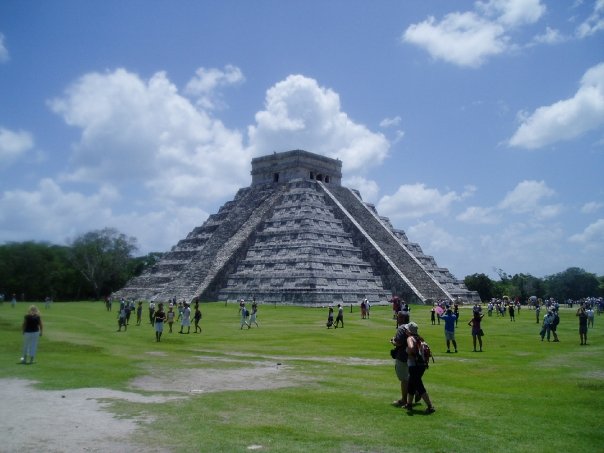Even before I figure out exactly what the spells do, I try to come up with some sort of naming convention for my new spells. In very loose spell systems (think Gandalf in Lord of the Rings or everything in Avatar: the Last Airbender), there are no names given for their spells or magic. It seems really simple to do it this way. After all, the world-building is basically done once you have an idea of how magic works. However, there are several pitfalls with this approach.
First, you’re giving up on a valuable shorthand for your spells in the future. This will mean that literally every time your characters use magic, you’ll have to describe everything that happens. This can be pretty fun for the first couple times, but it won’t be long before you’ll run out of creative ways to describe the same thing. If this is for something visual (video games, movies, TV shows, etc.), this isn’t that difficult. If you’re writing a book, this is really annoying. If you’re doing a roleplaying game, this can be downright impossible without really advanced players. Learning the spell system for Pathfinder or D&D is pretty easy. Learning the spell system for Mage: the Ascension can take months for even advanced players. Having a name for a spell effect can speed up the action.
Second, you’re giving up another way to add flavor for your setting. JK Rowling only really uses the Wingardium Leviosa spell in the first book of the Harry Potter series, but if you’ve read the books or seen the movies, you know exactly what it does. A similar spell in Pathfinder is Mage Hand. A Thaumaturge on my world might cast Mitzrath’s Mastery where a Conjurer might summon a minor servant. They all do the same thing, but just the names tell you something about the worlds each of these spells come from.
Third, names can be used to develop a history for your setting. After all, don’t you want to know who Mitzrath was in my example above. How did he achieve his mastery over motion? These details can even lead to interesting adventures in and of themselves. Afterall, looking for the spellbook that will save the day is all right. Looking for the Lost Tome of Mitzrath, Master of Kinesis is something altogether more interesting. Another example from my world can be shown in the difference between the spell names from Divination and Alchemy. Spells in Divination have names that evoke the pantheist religion (Voice of Morn is named after the God of Justice), animals known for that particular sense (Eyes of the Kestral gives telescopic vision), or famous casters who invented a particular spell (Germod’s Defense is named after a powerful diviner in history). This is because the largest organization who teaches Divination magic on my world is the Church of Morn, specifically in Myos, my world’s version of teh Vatican. These are well respected people learning magic for reasons people generally agree with. Alchemy, on the other hand, has very generic names for their spells. Potion of Glibness makes it much easier to convince people of what you are saying. The Elixir of Strength does exactly what you think it does. Craft Wood Golem is pretty self explanatory. Why is that? On my world, Alchemists have been very heavily regulated. In some places, practicing Alchemy is illegal and carries the death sentence. After all, a wizard being able to craft potions that can make someone fly, be invisible, have extreme strength, and talk their way into or out of anything can be a pretty dangerous individual. Having that sense of history in your setting is something your readers and/or players deeply desire. This is one way you give it to them.
Finally, how you name your spells will allow you to more readily characterize the people who tend to cast those spells. People in the Harry Potter universe can use the Patronus charm to summon a creature that symbolizes their innermost selves. Compare this to a spell called Nyarlath’s Brood, which summons the incarnation of the caster’s worst fear. The effects of these two spells are the same. They even share an aspect of personification for the caster. But, the hero obviously summons the Patronus. I doubt that you’d want to spend any quality time with someone who knows how to cast Nyarlath’s Brood, let alone actually does so.
Don’t give your spell names short shrift. It’s well worth the time to come up with something interesting. After all, it worked for Aveda Kadavera.
Next week, I’ll be discussing spell conceptualization. See you then!

